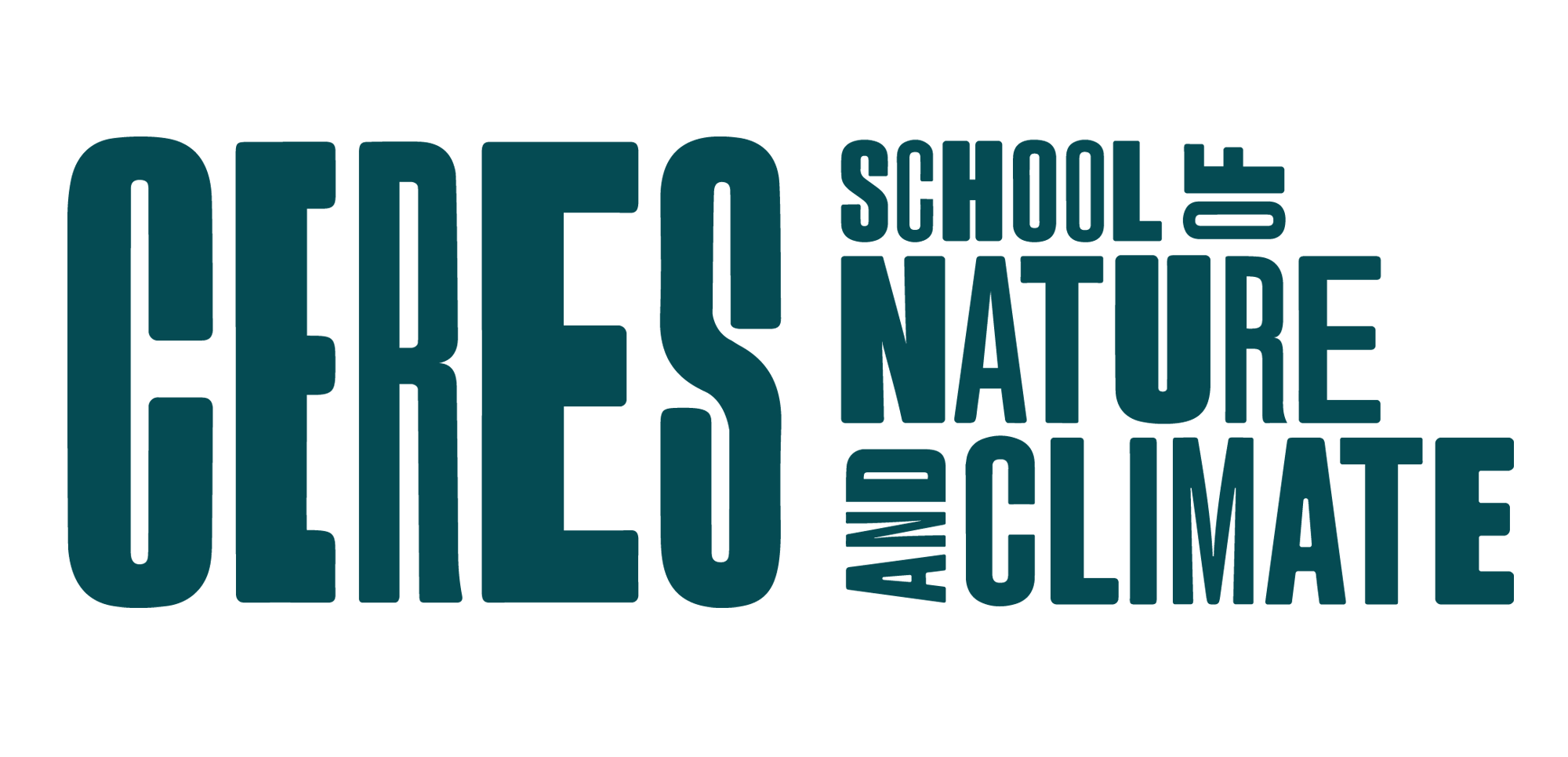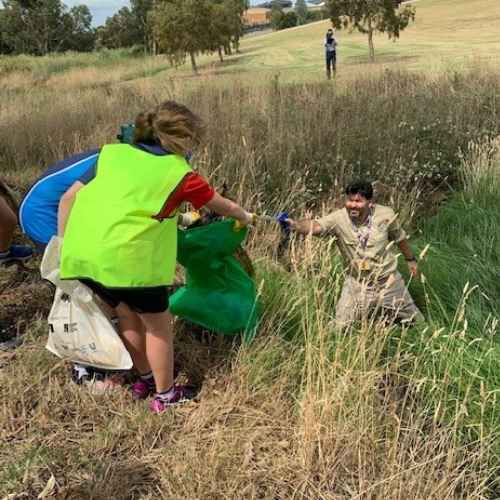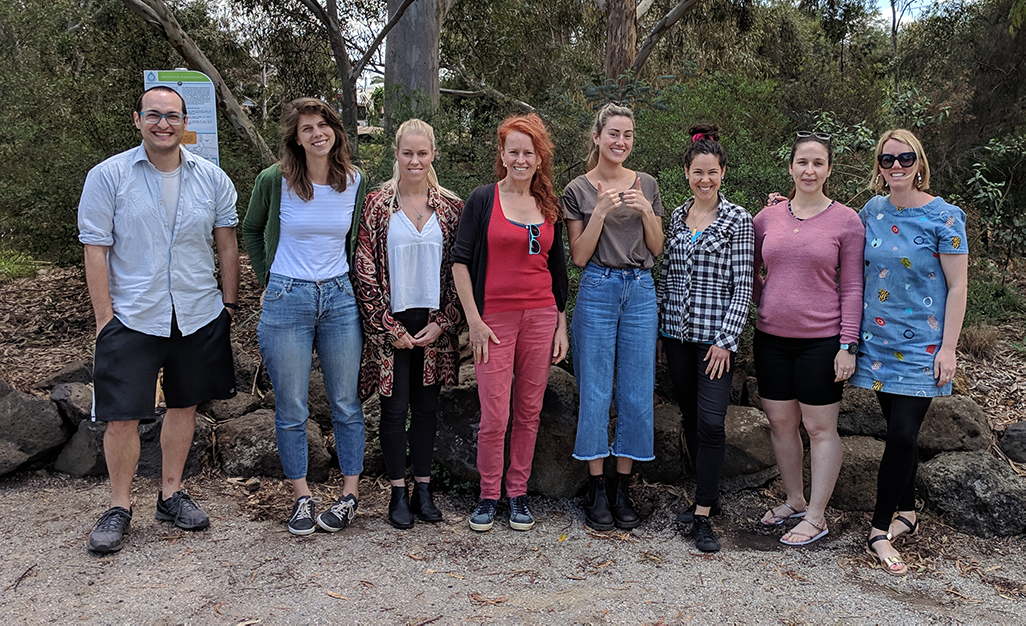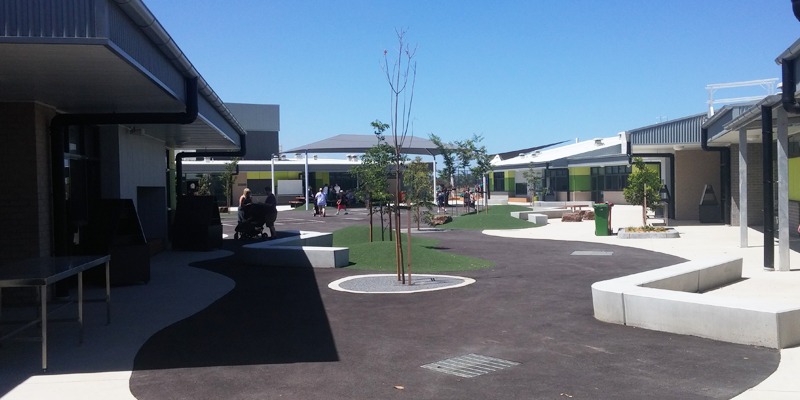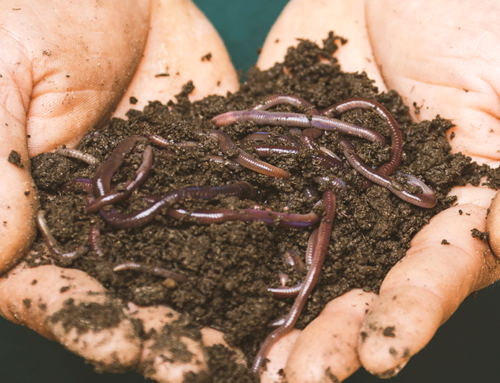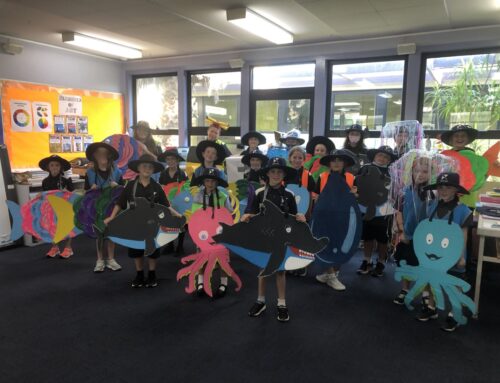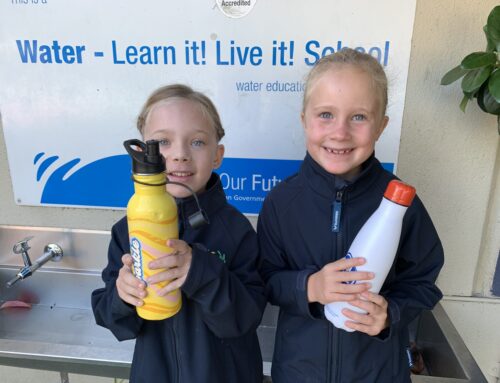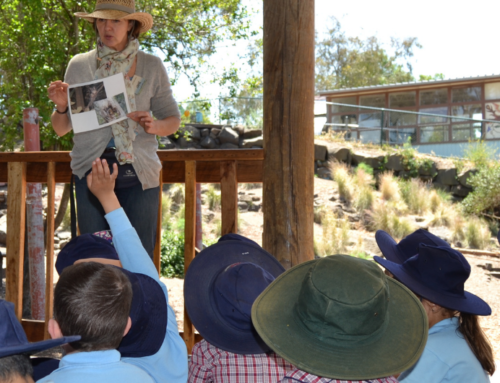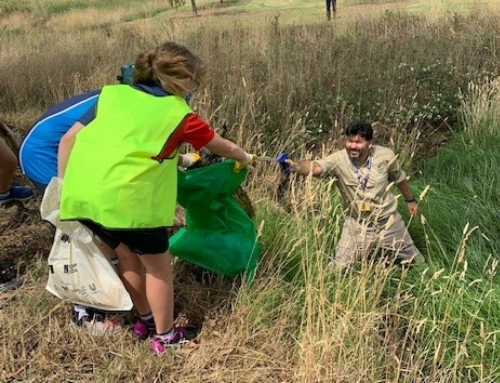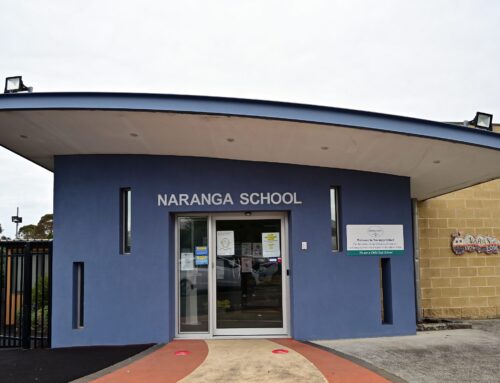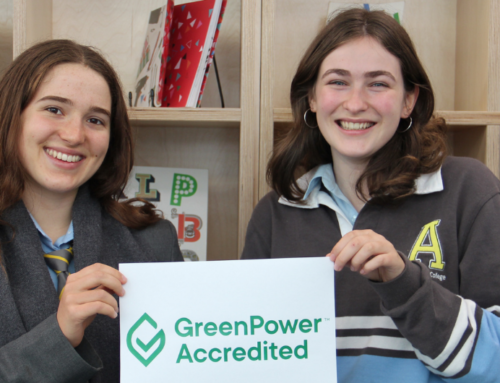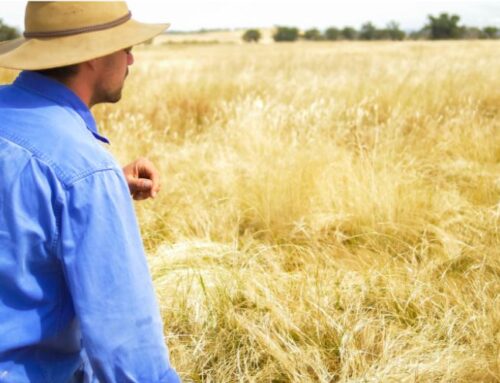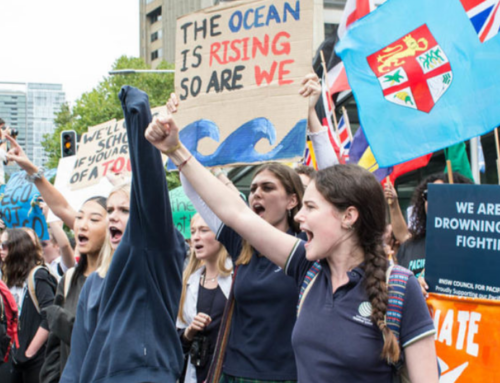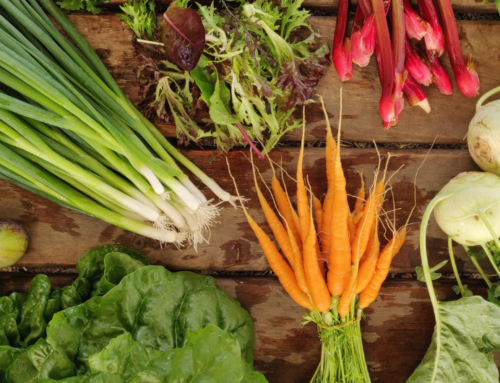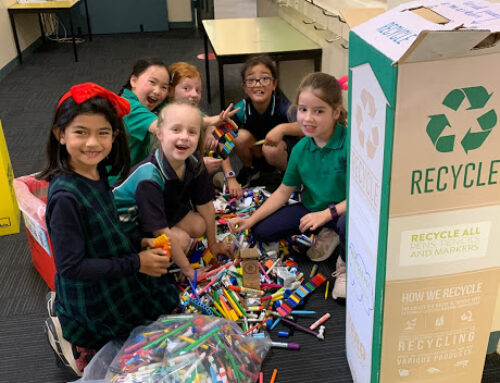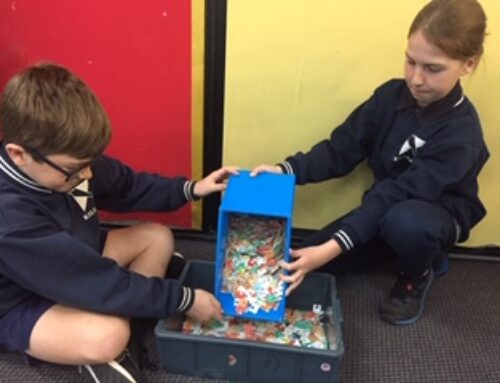Student involvement the key to successful waste management programs at Livingstone Primary School
Students at Livingstone Primary School were the proud winners of a 10 x Family Sock Packs each containing their own Sock Recycling Satchel from UPPAREL earlier this year. The Sustainability/Green Monitor captains in the senior school share their waste initiatives and top waste management tips for other schools.
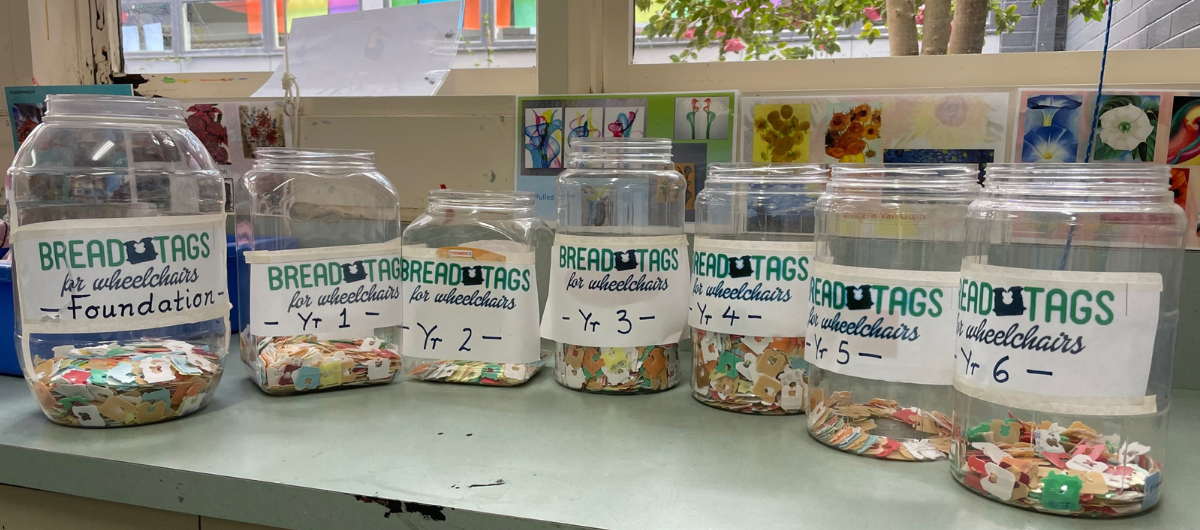
1. What is a hard to recycle item that your school initially had trouble with, but you now collect and recycle effectively?
There are many items that have been difficult to recycle, but one item that we are now collecting and recycling effectively is soft plastics. Students are educated on soft plastics at the beginning of each year through our ‘Learning to Learn’ program. Then, throughout the school year, they are deposited in bins/containers throughout the school, collected weekly or fortnightly by one of our teachers, and recycled at a Coles Supermarket nearby.
2. How much is your waste management success due to student involvement?
Our successful waste management programs would really struggle if we didn’t have student involvement. Some of the ways our students are involved with waste management include:
- Each class nominate a ‘green monitor’ at the beginning of each year and throughout that year, our green monitors are responsible for encouraging students to sort their rubbish into the correct bins
- Within each classroom there are compost bins which require students to correctly follow a list of what can be put into the compost bin and what cannot. These are emptied daily by class ‘green monitors’
- Students also assist with waste management by caring for our school chickens and feeding them appropriate food scraps.
3. What is your next waste reduction goal?
We have a few different goals that we would like to reach through the use of student involvement. In terms of food waste, we are looking to have no food waste in landfill bins; this works in conjunction with our school’s ‘Nude Food’ policy, where students are encouraged to not bring wrappers or plastics to school and to place remaining food scraps in compost. In relation to this, we would also like to promote and remind students to bring reusable drink bottles to school each day.
From the perspective of staff, we are looking at ways that we can recycle pens and whiteboard markers so that these are not thrown immediately into the rubbish bin/going to landfill. Our staff will also be encouraged to consider whether resources are required to be printed or laminated, which will then also use less ink/printer cartridges.
4. What are your top 3 tips for other schools in waste management?
Our Top 3 Tips are:
- Promote recycling initiatives, waste pick up days and challenges, such as Plastic Free July. We conduct a whole-school rubbish pickup at lunch time on Fridays, where students collect any rubbish that they can find and place it in the bin for their house colour. It is a competition to see which house will collect the most rubbish
- If students are eating food outside, create designated eating areas that have bins close by so that students can dispose of any rubbish. This may require installing more bins within the school grounds however, it will avoid the likelihood of people being lazy and having to look far for a rubbish bin
- Upon returning to school and restrictions around the wearing of face masks, remind and encourage students about the importance of wearing a reusable face mask, to again decrease the likelihood of waste and unnecessary litter within your school grounds.
Thank you Livingstone Primary School for sharing your waste story!
Learn more by visiting Livingstone Primary School’s website.

